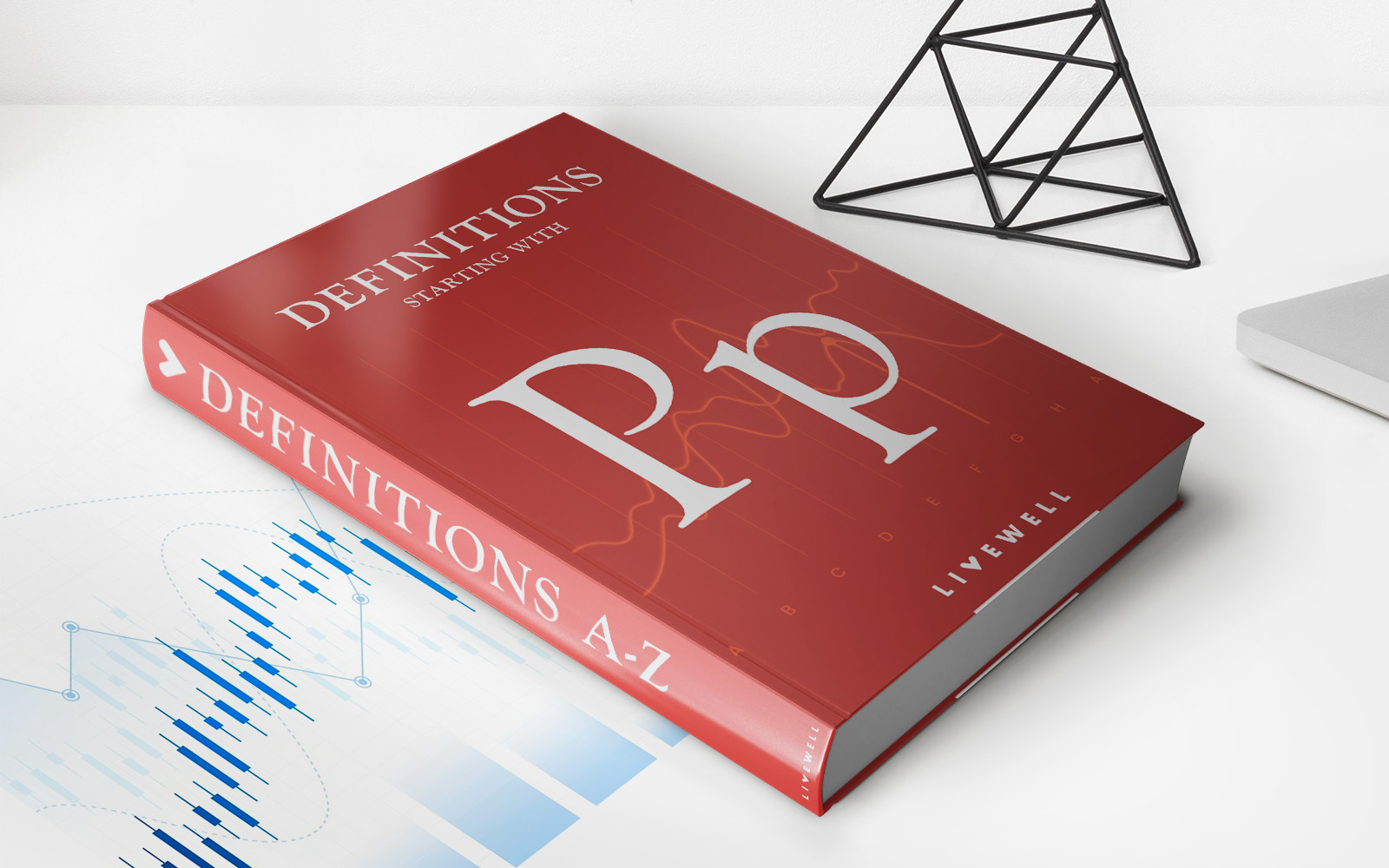Home>Finance>General Partner: Definition, Role, Examples, And Main Benefits


Finance
General Partner: Definition, Role, Examples, And Main Benefits
Published: November 30, 2023
Discover the definition and role of a general partner in finance, along with examples and the main benefits they provide
(Many of the links in this article redirect to a specific reviewed product. Your purchase of these products through affiliate links helps to generate commission for LiveWell, at no extra cost. Learn more)
What is a General Partner?
A general partner is a key player in the world of finance, particularly in the realm of partnerships and investments. A general partner can refer to an individual, a group of individuals, or even an entity that has unlimited liability and shares full responsibility for the overall management and decision-making within a partnership. Their role is crucial in ensuring the success and profitability of the partnership.
Key Takeaways:
- A general partner is responsible for managing and making key decisions within a partnership.
- They have unlimited liability, meaning they can be held personally liable for any debts or obligations of the partnership.
The Role of a General Partner
The role of a general partner is multifaceted and encompasses various responsibilities. Here are some of the key aspects of their role:
- Decision-making: A general partner is responsible for making important decisions that impact the partnership’s day-to-day operations, long-term strategies, and financial decisions. They play a crucial role in determining investment strategies, setting goals, and evaluating potential risks and opportunities.
- Management and operations: General partners are involved in the overall management of the partnership. They oversee the operational aspects, such as allocating resources, managing finances, and ensuring compliance with legal and regulatory requirements.
- Liability and risk: One critical aspect of being a general partner is assuming unlimited liability. This means they can be held personally responsible for any debts, obligations, or legal actions against the partnership. It is essential for general partners to carefully evaluate potential risks and take measures to protect themselves and the partnership.
Examples of General Partners
General partners can be found in various industries and sectors. Here are a few examples:
- Real Estate Partnerships: In a real estate partnership, general partners are responsible for finding investment opportunities, securing financing, managing properties, and distributing profits to limited partners.
- Hedge Funds: In the world of finance, general partners in a hedge fund are responsible for making investment decisions, managing portfolios, and generating profits for investors.
- Private Equity Firms: In private equity firms, general partners are actively involved in identifying and acquiring businesses, managing their operations, and ultimately selling them for a profit.
Main Benefits of Having a General Partner
Partnering with a general partner offers several advantages for individuals or entities looking to invest or operate in a partnership structure. Some of the main benefits include:
- Expertise: General partners bring their expertise, experience, and industry knowledge to the table. They can provide valuable insights, make informed decisions, and navigate the complexities of the partnership’s industry.
- Network and resources: General partners often have extensive networks and resources at their disposal. This can include connections to potential investors, access to capital, or partnerships with suppliers, which can greatly benefit the partnership.
- Shared responsibilities: With a general partner onboard, the workload and responsibilities within the partnership are distributed. Limited partners can rely on the general partner to handle day-to-day management, decision-making, and other critical tasks.
- Increased credibility: Having a reputable and experienced general partner can enhance the partnership’s credibility and attract potential investors or business opportunities.
- Efficient operations: A skilled general partner can streamline operations, implement effective strategies, and optimize financial performance, leading to increased efficiency and profitability.
In conclusion, a general partner plays a vital role in the success and management of a partnership. Their expertise, decision-making abilities, and shared responsibilities are instrumental in achieving financial goals and navigating the complexities of the business world. By understanding the definition, role, examples, and main benefits of a general partner, individuals and entities can make informed decisions when entering into a partnership structure.














